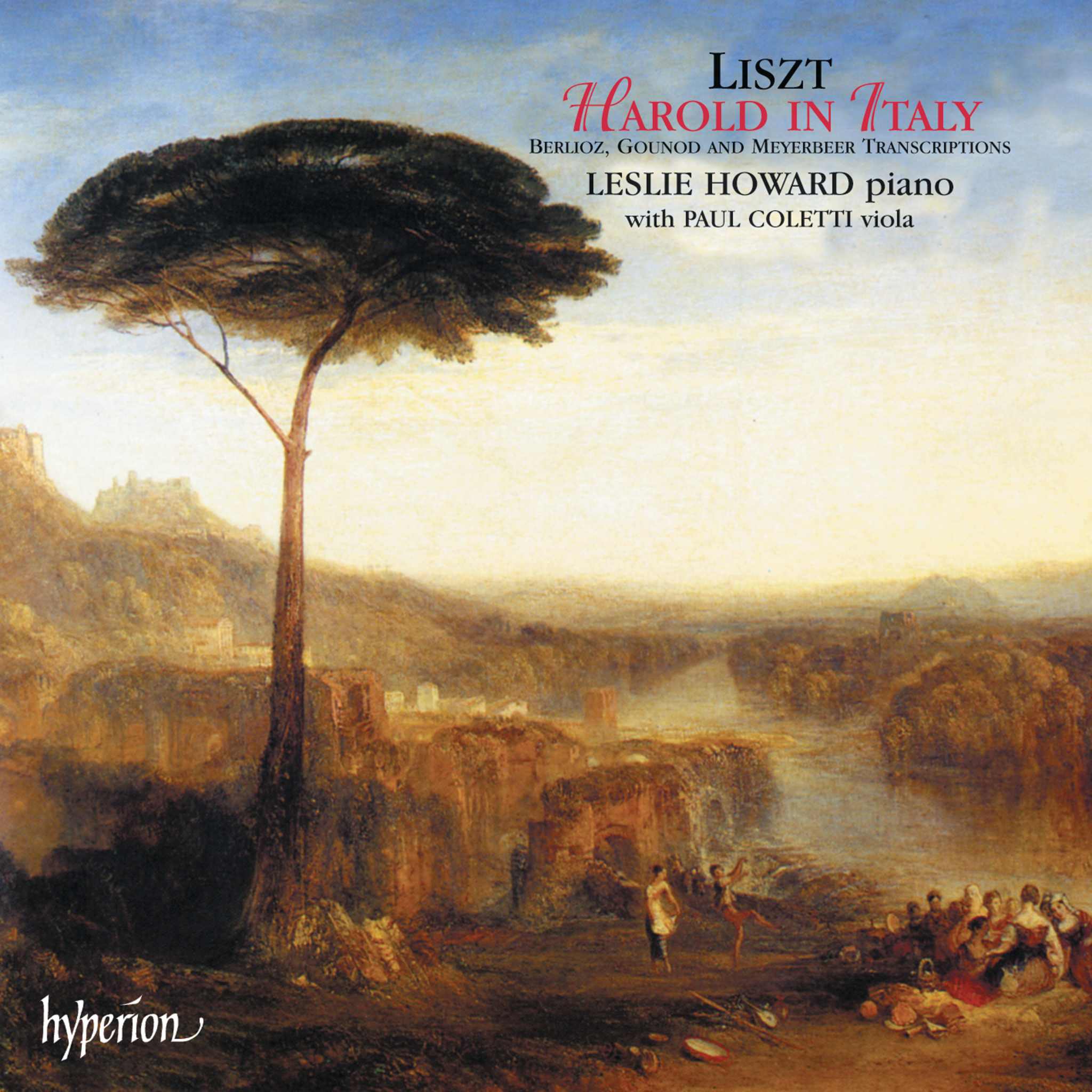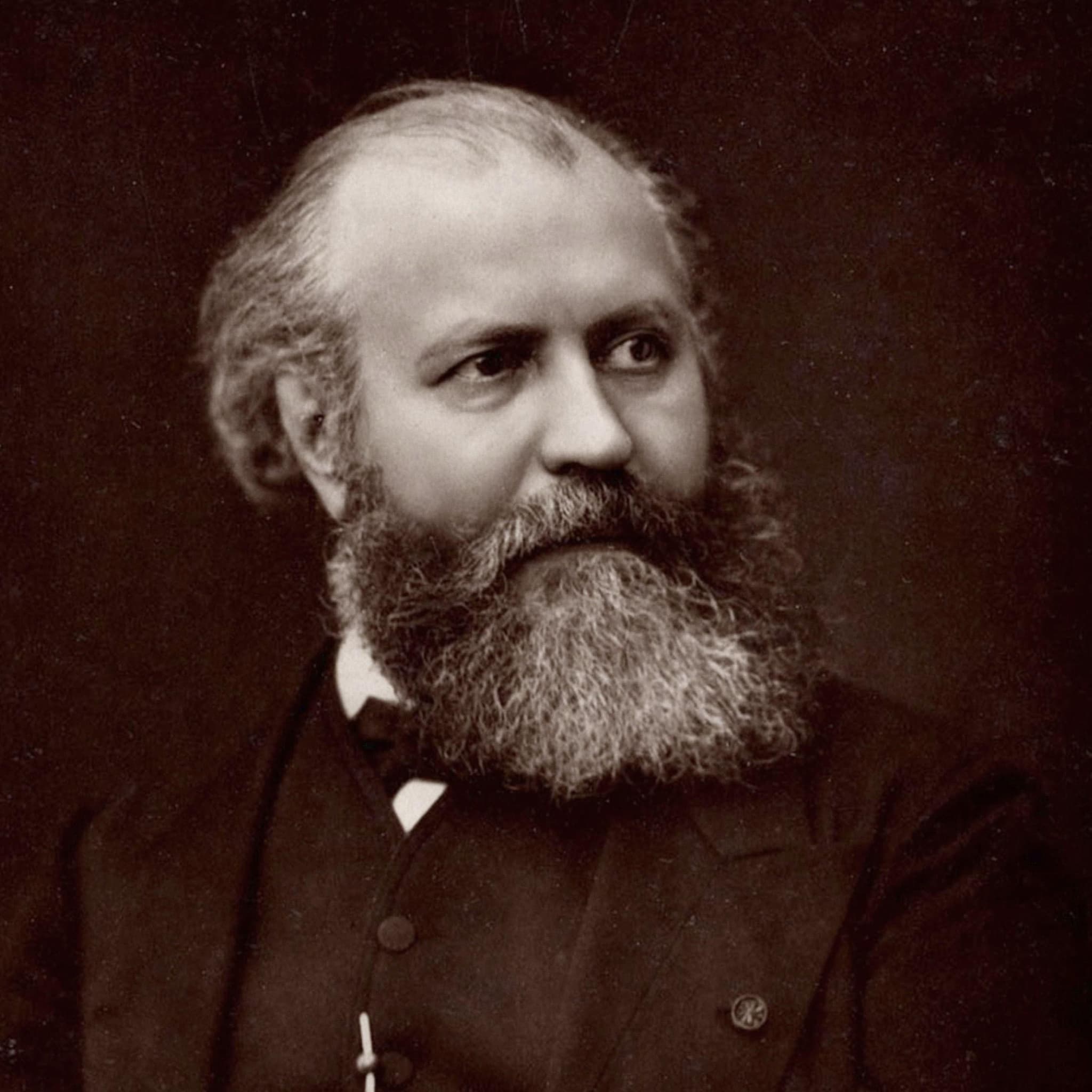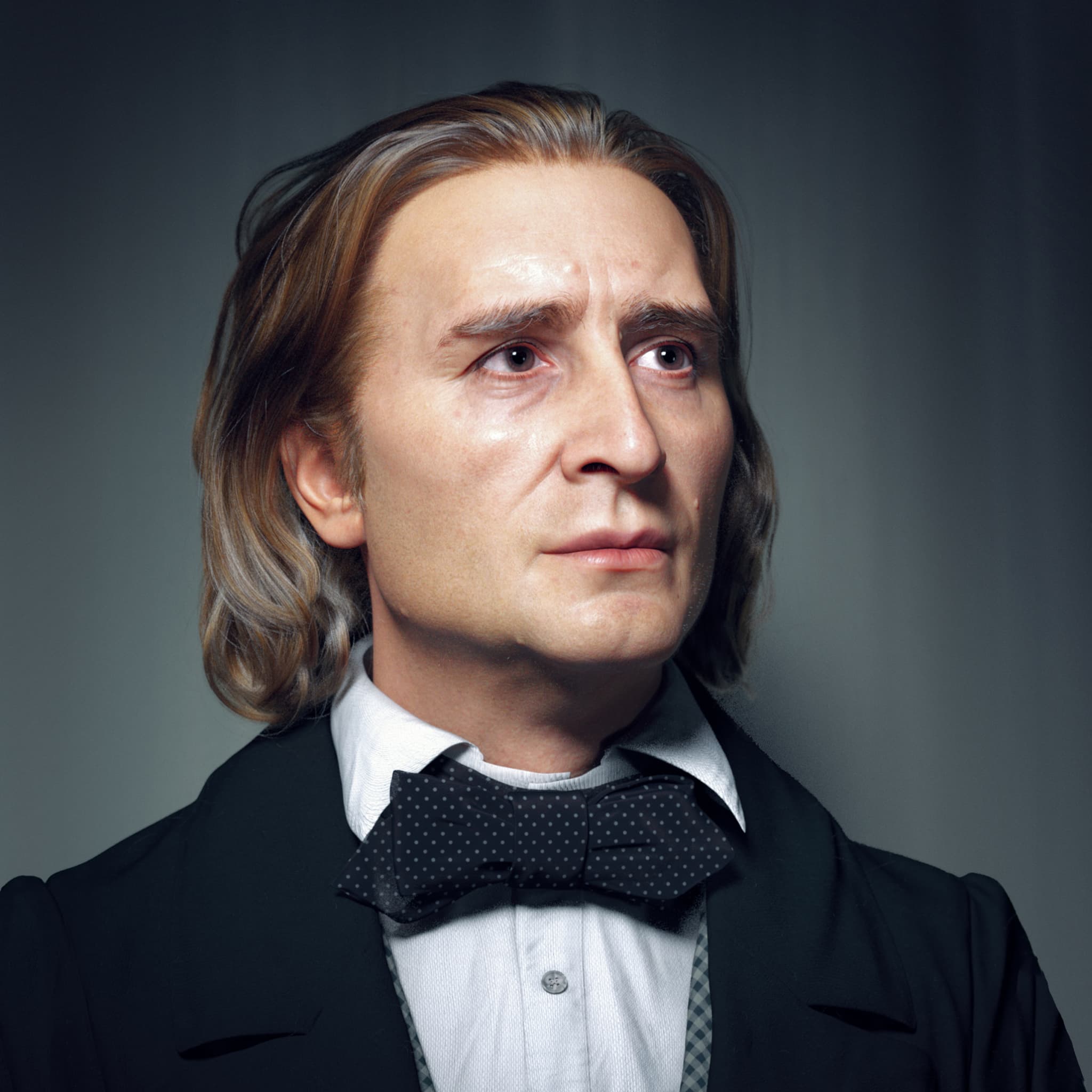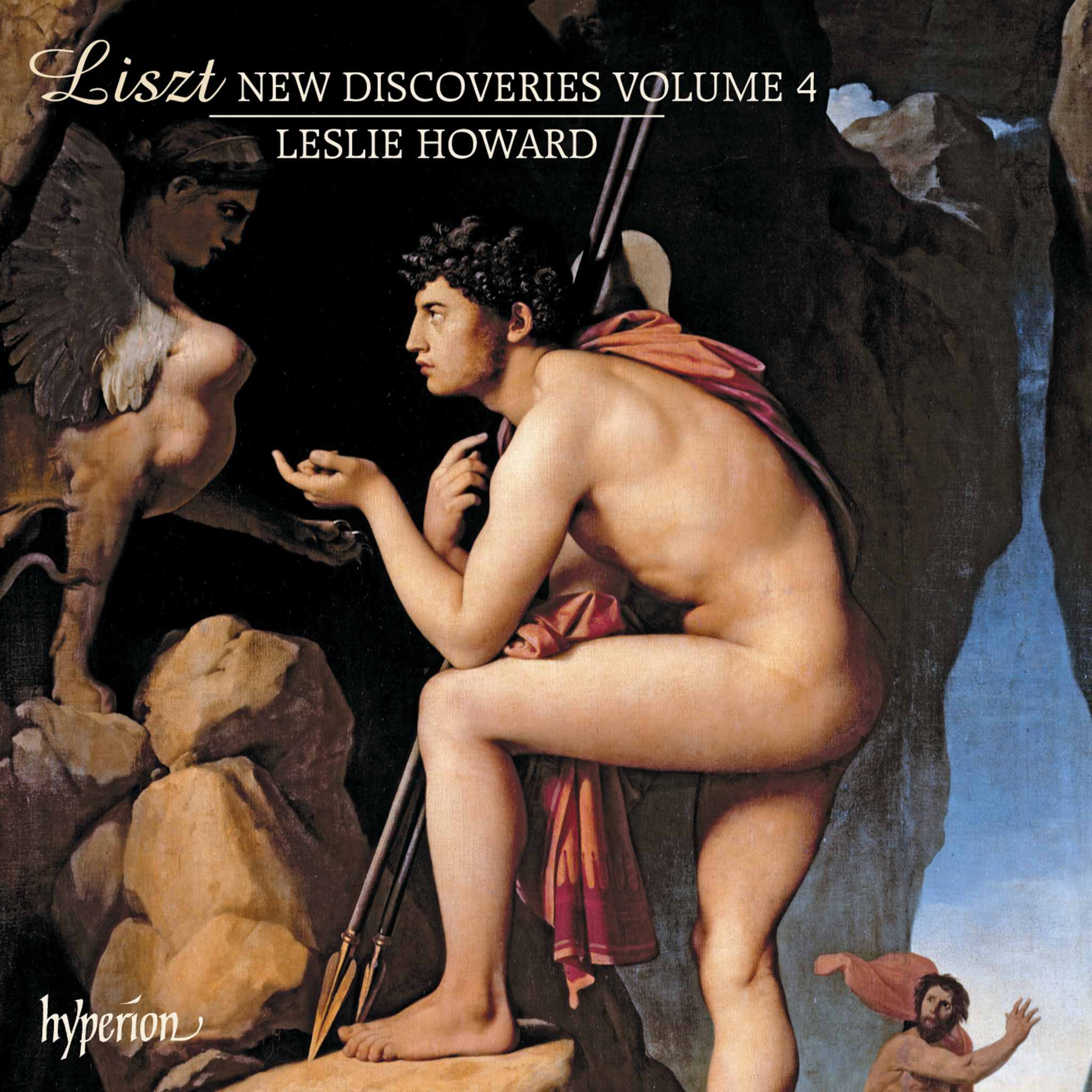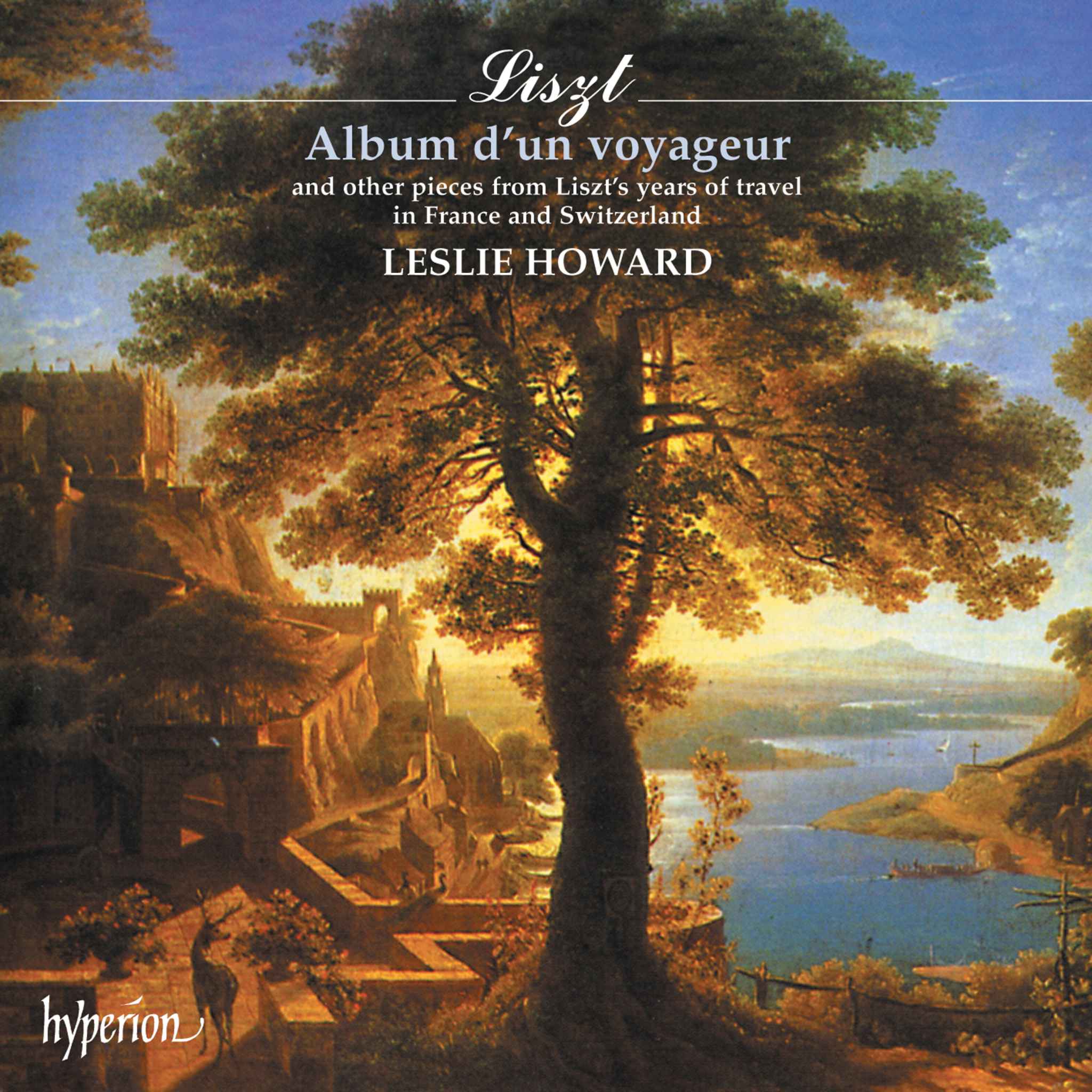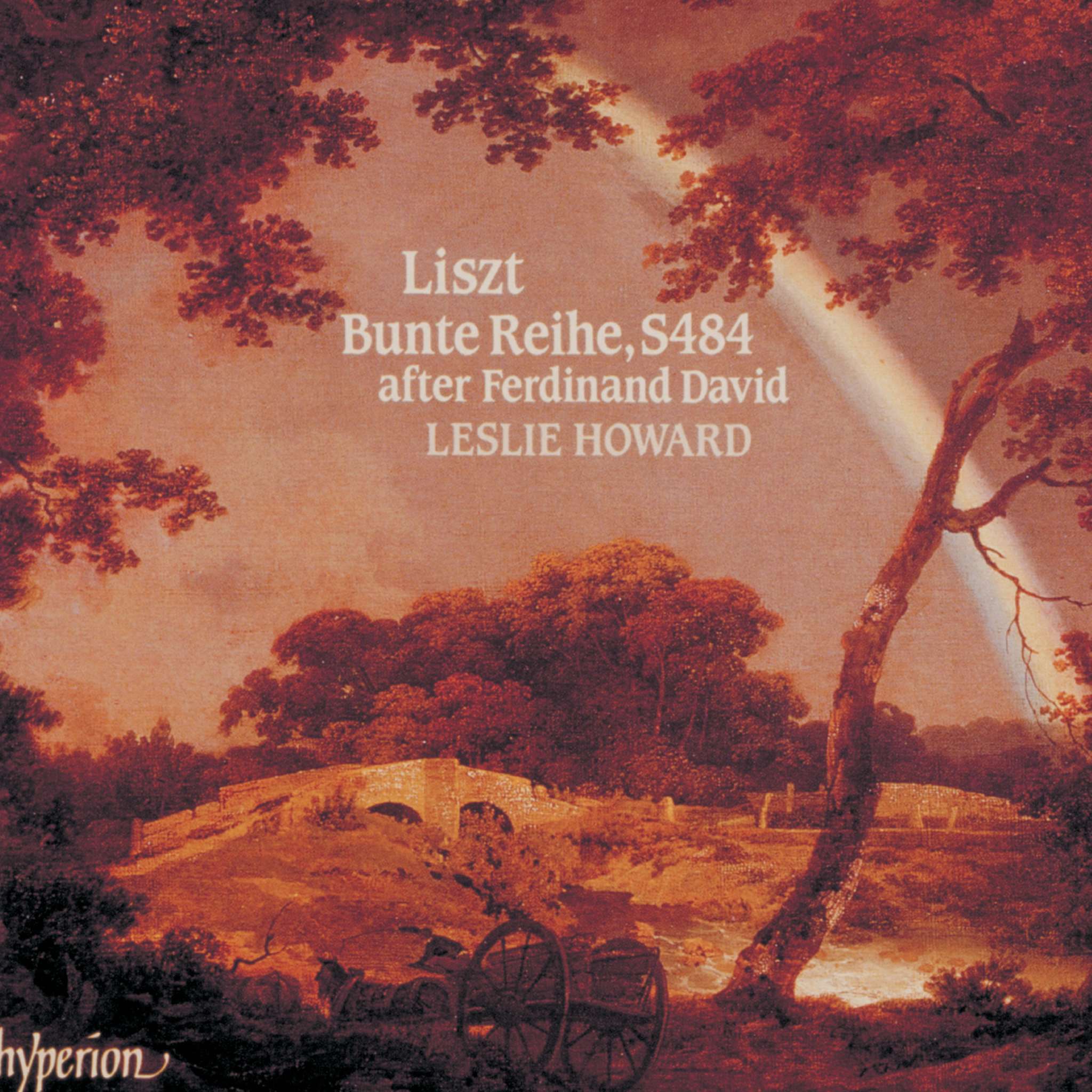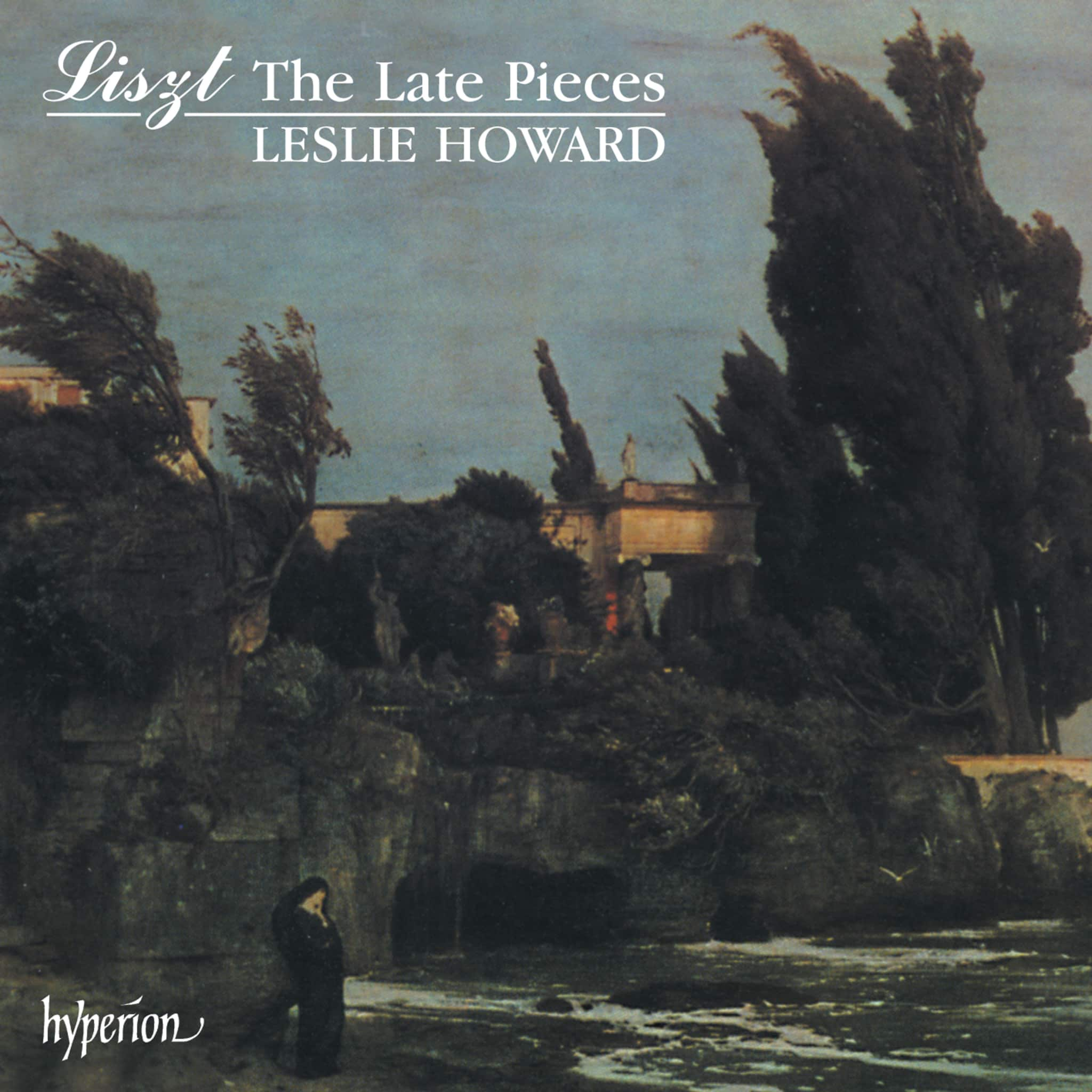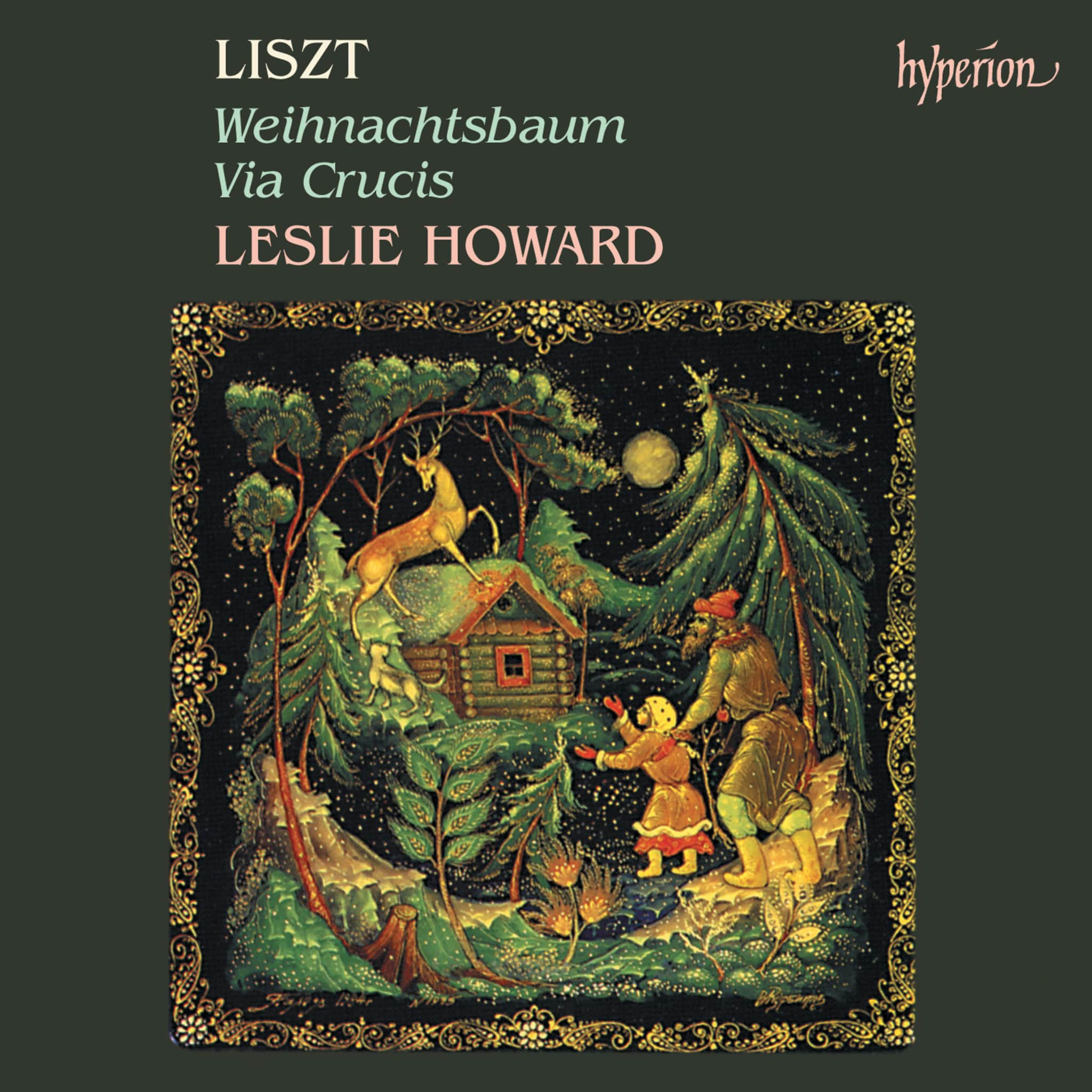Album insights
The two brilliant pianists and composers presented here, Henrique Oswald (1852–1931) and Alfredo Napoleão (1852–1917), were deeply influenced by the grand romantic spirit. Many parallels can be drawn between these musicians, born within three months of each other in a year when Schumann, Brahms, and Liszt were still alive, and the grief of Chopin's death still lingered. Oswald hailed from Brazil and Napoleão from Portugal, yet both had multiple European roots. Both displayed prodigious talent as children, evolving into well-traveled concert pianists who also taught and composed.
In 1868, a pivotal year for both when they turned sixteen, Oswald bid farewell with a final concert in Rio de Janeiro, departing for Europe to study, while Napoleão ventured in the opposite direction seeking his fortune in Brazil. Both had encounters with Brazil's generous monarch, Dom Pedro II, with Napoleão performing in Rio in 1869 and Oswald in Florence in 1879. They navigated life post-monarchy, with only Oswald surviving World War I. Their paths likely crossed in Brazil, as Napoleão's older brother, Artur, published works from both. Both eventually returned to their homelands, where they passed away, earning the label of "Prophets in Foreign Lands." Working in an era devoid of recordings, their legacy is preserved through contemporary accounts and compositions, proving their mastery as composers and musicians.
Henrique Oswald's upbringing in a musical environment shaped his artistic journey. From a young age marked by a traumatic ship incident, he ventured into music under his mother's early guidance, performing his first concert at age six or seven. In Europe, he studied under reputable musicians, initially planning to study with Hans von Bülow but settling in Florence, where he immersed himself in various musical disciplines. Oswald's marriage, his acclaimed participation in musical competitions, and his diplomatic service underscored a multifaceted career marked with accolades and collaborations with musical luminaries.
Not unlike Oswald, Alfredo Napoleão emerged from a musical family backdrop, nurtured by his father and inspired by talented siblings. His musical forays spanned continents, winning acclaim for his interpretations and compositions. Despite facing geographical challenges, Napoleão's artistic excellence shone through in his piano concertos, showcasing a dedication to his craft and a deep connection to his Portuguese heritage. His works, celebrated for their elegance and evocative themes, continue to resonate within the legacy of luso-brasilian music.
Each pianist's distinctive style and contributions to music history underscore the richness of their respective legacies, amplified by their noteworthy compositions and performances across international stages. Through their enduring musical creations, Henrique Oswald and Alfredo Napoleão secured a lasting place in the annals of classical music.

